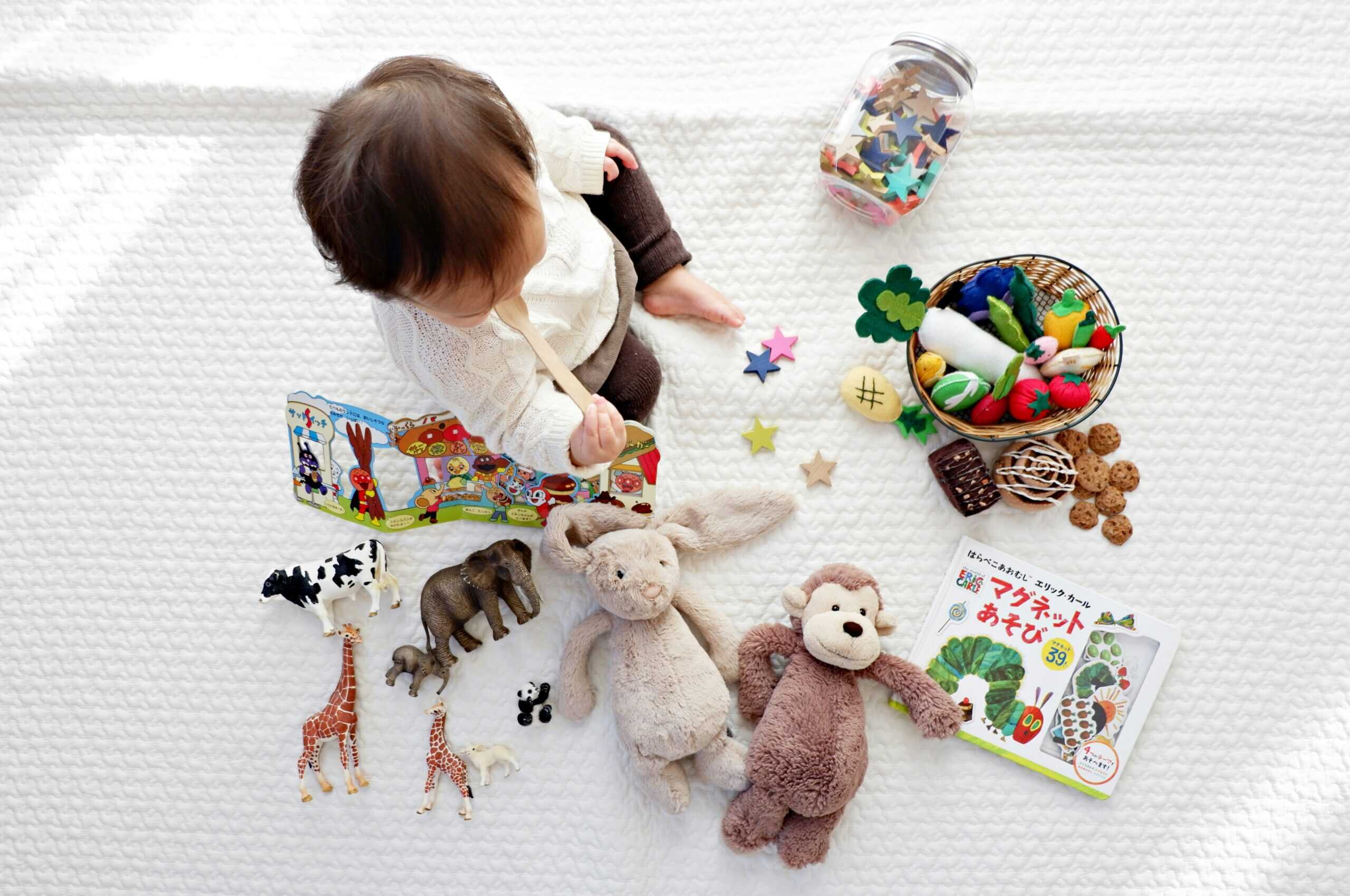120+ Riddle Me This Questions with Clever Answers


Japanese boy names are a beautiful combination of meaning, sound, and tradition. Unlike many Western names, Japanese names often carry layered meanings based on the kanji (characters) chosen. Each kanji has its own significance, which means a single name can express nature, personality traits, virtues, or family hopes. Whether you’re naming a child, writing a story, or exploring Japanese culture, this list of 100 Japanese boy names with meanings offers a diverse collection—from timeless classics to modern favorites.
Haruki – “Spring child” or “shining brightness”
Ren – “Lotus” or “love”
Kaito – “Ocean flying” or “soaring sea”
Souta – “Big and peaceful”
Yuto – “Gentle person” or “brave and kind”
Ryusei – “Shooting star” or “dragon star”
Takumi – “Skillful” or “artisan”
Daiki – “Great glory” or “noble spirit”
Sho – “To fly” or “soar”
Hinata – “Sunny place” or “facing the sun”
Riku – “Land” or “continent”
Sora – “Sky”
Hayate – “Swift wind”
Itsuki – “Tree” or “timber”
Shun – “Speed” or “spring season”
Kouki – “Radiant light” or “sunlight”
Rei – “Gratitude” or “spirit”
Tsubasa – “Wings”
Hikaru – “Light” or “radiance”
Aoi – “Blue” or “hollyhock”
Isamu – “Courage” or “bravery”
Takeshi – “Warrior” or “military”
Masaru – “Victory”
Kenta – “Healthy and strong”
Shinji – “True second son”
Hiroshi – “Generous” or “prosperous”
Tadashi – “Loyal” or “faithful”
Yamato – “Great harmony” or a poetic name for Japan
Naoki – “Honest tree”
Kazuya – “Harmonious peace”
Ichiro – “First son”
Jiro – “Second son”
Saburo – “Third son”
Taro – “Big son” or “eldest boy”
Kazuo – “Peaceful man”
Shigeru – “Luxuriant” or “abundant”
Makoto – “Sincerity” or “truth”
Noboru – “To ascend” or “rise”
Shoji – “Second shining”
Fumio – “Scholarly man” or “intellectual”
Haruto – “Sunny person” or “spring flying”
Rento – “Refined lotus”
Aoto – “Blue person” or “pure blue”
Soutarou – “Great and peaceful boy”
Hinoki – “Cypress tree”
Taiga – “Big river” or “large nature”
Yuma – “Gentle truth” or “calm truth”
Shoma – “Flying truth” or “bright excellence”
Kairi – “Ocean village” or “sea and village”
Minato – “Harbor” or “port”
Satoshi – “Wise” or “intelligent”
Hiroki – “Vast tree” or “generous joy”
Masaki – “True tree” or “righteous hope”
Keisuke – “Blessed helper”
Ryota – “Refreshing and thick” or “good and strong”
Takahiro – “Noble and prosperous”
Kousuke – “Shining helper”
Nariaki – “Shaped brightness”
Akihiko – “Bright prince”
Yuki – “Happiness” or “snow” (contextual kanji)
Masaru – “Elegant victory”
Seiji – “Quiet and righteous”
Rihito – “Person of law” or “righteous one”
Eiji – “Eternal peace”
Takayuki – “Noble journey”
Masaki – “True bloom” or “flourishing tree”
Raito – “Light” (from English “light” written in katakana)
Yuuto – “Gentle person”
Kouhei – “Peaceful light”
Sena – “Sacred sound” or “pure calm”
Toki – “Time”
Kaito – “Flying ocean”
Jin – “Benevolence” or “kindness”
Nagi – “Calm sea”
Ayumu – “To walk” or “progress”
Raiki – “Thunder spirit”
Hozumi – “Abundant light”
Tsukasa – “Manager” or “authority”
Gou – “Great strength” or “firmness”
Asahi – “Morning sun”
Hideki – “Excellent tree” (Hideki Matsui, baseball star)
Kenji – “Intelligent second son”
Yukio – “Happy man”
Takashi – “Prosperous and noble”
Shinzo – “True heart” (like Shinzo Abe, former Prime Minister)
Ichigo – “Strawberry” or “first protector” (popular in anime)
Akira – “Bright” or “clear” (common in anime and film)
Ryo – “Refreshing” or “good”
Tooru – “To pass through” or “transparent”
Shunpei – “Fast and peaceful”
Ren – “Lotus” or “love”
Kai – “Ocean” or “shell”
Nao – “Honest”
Jun – “Pure” or “obedient”
Rei – “Spirit” or “gratitude”
Leo – Popular Western-Japanese crossover name
Shin – “Truth” or “faith”
Rui – “Tear” or “affection”
Yuu – “Gentle” or “superior”
Ken – “Healthy” or “strong”
Japanese boy names carry not only beautiful sounds but powerful meanings rooted in nature, tradition, and values. Whether you’re naming a child, exploring your heritage, or building a fictional world, this list of 100 Japanese boy names and their meanings offers inspiration, depth, and cultural richness.